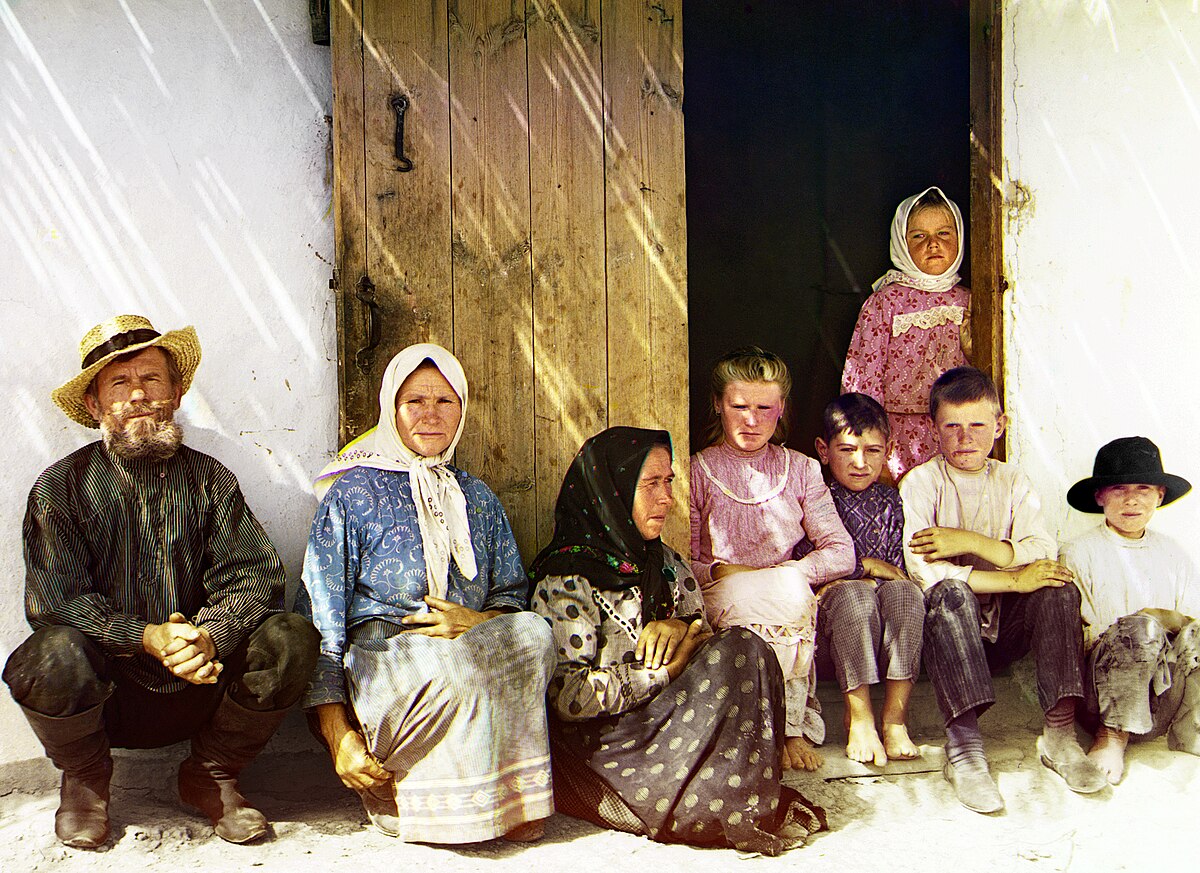As mentioned by many here, intentional mispronunciation to make it easier for non-native speakers to pronounce is probably the answer. I know how to properly pronounce my surname in Japanese, but only use it when speaking to native speakers or if I’m introducing or referring to myself in Japanese.
Out of respect, if someone introduces themselves with the proper pronunciation, I don’t romanize their name, but use the proper pronunciation out of respect.
As for whatever pronunciation the speaker uses is correct, I respect the right for Vera Wang to rhyme her last name with bang, but cry at the thousands of years of Chinese heritage and history she disrespects by doing so. Especially since her surname is written with the character for emperor or ruler.
As an aside, I’ve been told* that being Okinawa on my father’s side, our surname, Nakamura is supposed to actually be Nakandakari with different Kanji.**. Being changed to the Japanese pronunciation after Japan annexed Okinawa.
In the newly proclaimed Okinawa Prefecture, the result was the importation of mainlander bureaucrats and educators (at first mostly from Satsuma) to fill all positions of local control. The use of Ryukyuan languages, deemed “backwards,” was discouraged. In Okinawan classrooms, children who spoke in their native tongues were made to wear hogen futa (方言札, dialect cards) around their necks. Pupils were made to police each others’ language usage. Wearing the card was a great source of shame. Native Okinawans whose names had common kanji began to pronounce these as mainland Japanese did for fear of sticking out in an anti-indigenous power structure
https://unseenjapan.com/okinawan-names-japan-language-history/
*I can’t find a cite that Nakamura is actually Nakandakari, but other common Ryukyuan names are vastly different from the original.
**I believe my Dad meet his relatives when he went to Okinawa to pick up his elder sister’s ashes to be placed in our family tomb. According to my mother, my grandfather was disowned by his family after coming to Hawaii and has never returned to Okinawa. I once asked him through my Dad why he (my grandfather) never returned to Okinawa and told me my grandfather said there’s nothing there for him.
And then, of course, there are the names. Whether a Higa, Kaneshiro (once pronounced Kanagushuku), Oshiro (once Ufugusuku), Miyagi, Aragaki, or Uehara (once Wiibaru), the Okinawan names remain. They serve as a marker for Okinawa’s deep roots, and for a Ryukyuan future that will still surely exist – in whatever form it might eventually take.
https://unseenjapan.com/okinawan-names-japan-language-history/
